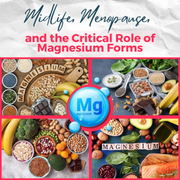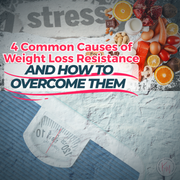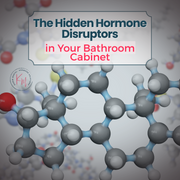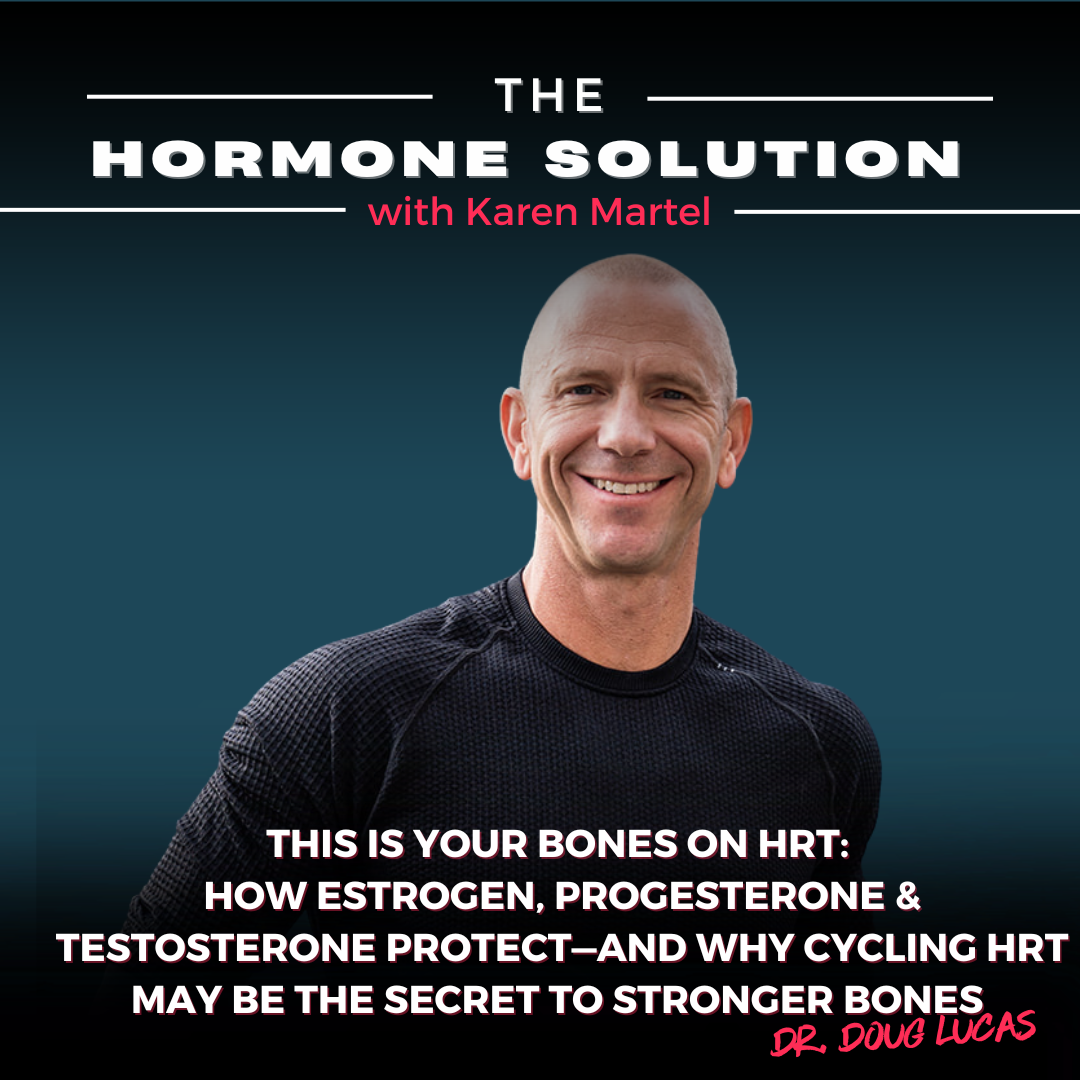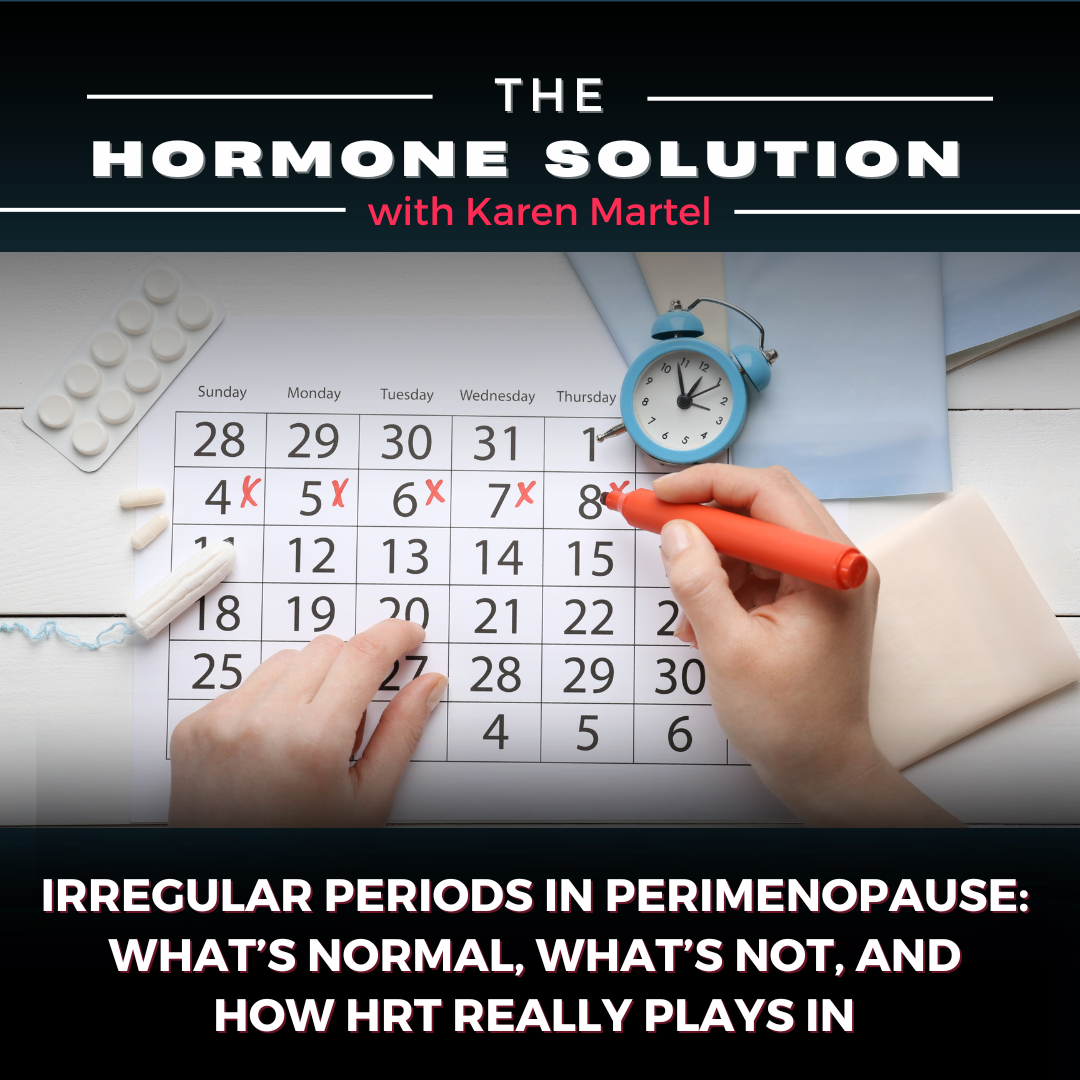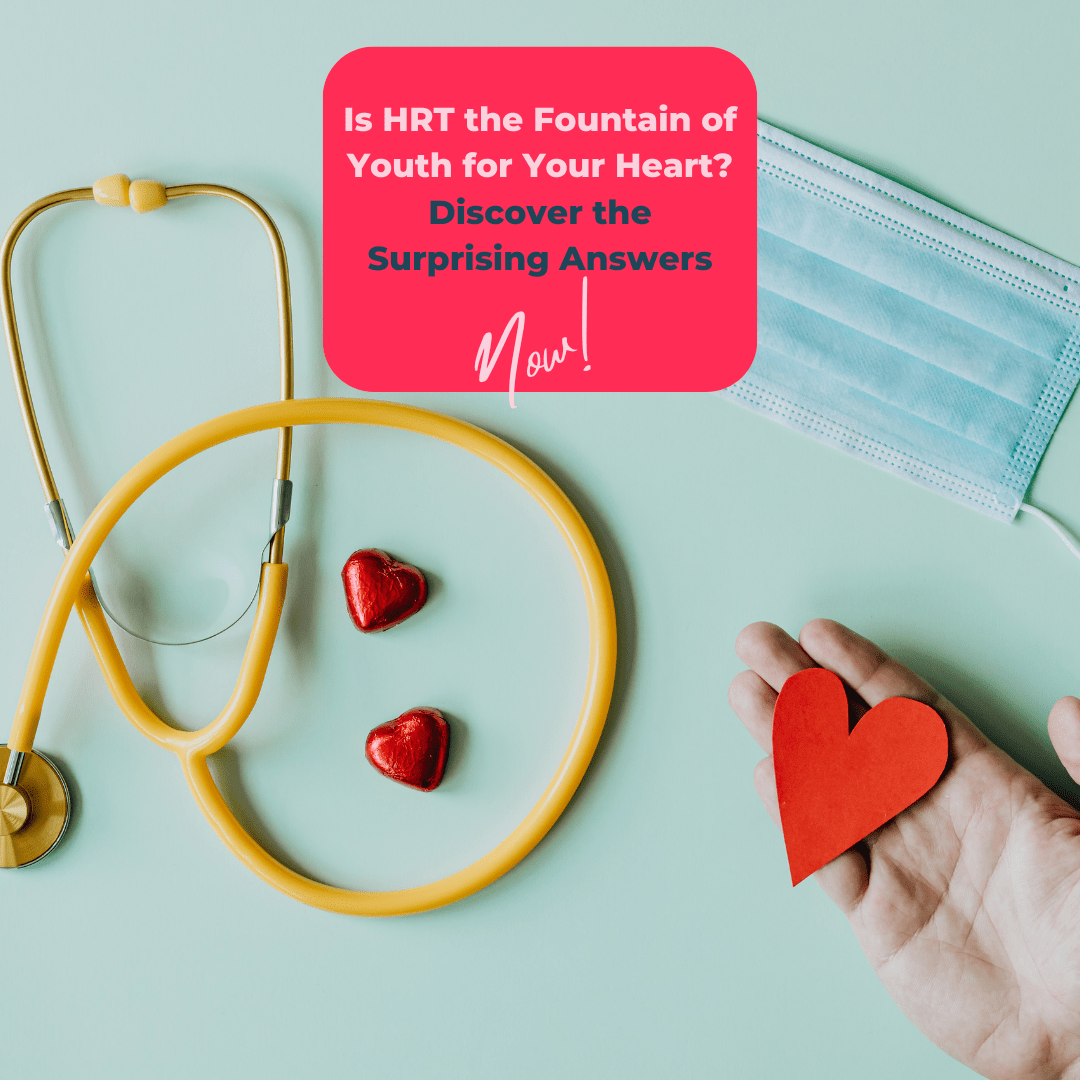
Is HRT the Fountain of Youth for Your Heart? Discover the Surprising Answers Now!
Hey there, ladies! Today, we're diving into a crucial topic: hormone replacement therapy (HRT) and its impact on cardiovascular disease (CVD) risk.First off, let's talk about estrogen. It's like a superhero for our hearts! Estrogen does wonders by lowering blood pressure, improving cholesterol levels, protecting against artery hardening (atherosclerosis), and even helping with vitamin D levels and bone health. So, when menopause hits and our estrogen levels drop, it can raise our risk of heart disease.Now, you might wonder, why isn't HRT a one-size-fits-all solution? Well, studies have shown that HRT can affect CVD risk, but it's not just about popping a pill. Factors like the type of hormones used, how they're taken, your health history, and when you start HRT all play a role.
So, what exactly is HRT? It's a mix of hormones (synthetic or bioidentical) prescribed during menopause to ease symptoms like hot flashes, vaginal dryness, and prevent bone loss. While it's not approved to prevent or treat heart disease, HRT is great for tackling menopausal symptoms, preventing osteoporosis, and managing hormone imbalances.
Let's talk formulations. There's a variety of estrogens and progestogens out there, from conjugated equine estrogens (CEEs) to bioidentical estradiol and different progestogens. The key is finding what works best for you while considering any cardiovascular-related contraindications like a history of blood clots or heart issues.
Now, let's address the elephant in the room: the Women's Health Initiative (WHI) study. It's been a game-changer in understanding HRT's pros and cons. While initial results caused a stir, further analysis revealed positive outcomes, especially for women in their 50s. The key takeaway? Individualize your HRT based on age, health status, and risk factors. Use bioidentical HRT rather than synthetic hormones or horse derived hormones like Premarin.
When it comes to administration, oral estrogen is common but can pose clotting risks. Transdermal estrogen, on the other hand, bypasses these risks and shows no increased risk of stroke.
Bioidentical estradiol replacement therapy helps lower the risk of cardiovascular disease (CVD) in several ways:
Improving Lipid Profiles: Estradiol has a positive effect on lipid metabolism, including lowering LDL cholesterol and increasing HDL cholesterol levels. This can lead to a healthier lipid profile, reducing the risk of atherosclerosis and cardiovascular events.
Protecting Against Arterial Plaque Formation: Estrogen has been shown to help prevent the buildup of arterial plaque, which can narrow arteries and lead to conditions like coronary artery disease. By maintaining arterial health, estradiol replacement therapy can reduce the risk of CVD.
Enhancing Endothelial Function: Estradiol supports the function of the endothelium, the inner lining of blood vessels. Healthy endothelial function is crucial for regulating blood pressure, preventing blood clots, and maintaining vascular health, all of which contribute to lower CVD risk.
Reducing Inflammation: Estradiol has anti-inflammatory properties that can help reduce inflammation in blood vessels. Chronic inflammation is a significant risk factor for cardiovascular disease, so reducing it can have a protective effect on the heart and blood vessels.
Modulating Blood Pressure: Estrogen plays a role in regulating blood pressure, and estradiol replacement therapy can help maintain optimal blood pressure levels, which is essential for heart health and reducing the risk of CVD.
It's important to note that the benefits of bioidentical estradiol replacement therapy should be weighed against potential risks and individual health factors. It's always best to consult with a healthcare provider to determine the most suitable treatment approach for each individual's hormonal health and cardiovascular risk profile.
In a nutshell, HRT isn't a one-shot solution. It's about personalized care, weighing risks, and optimizing heart health during menopause. So, consult your healthcare provider, stay informed, and embrace a heart-healthy journey through menopause!
Looking to get help with your HRT? Book your discovery call here and find out how we can help you.

Find Karen Martel on Apply Podcast
Karen Martel is a Certified Hormone Specialist and Transformational Nutrition Coach dedicated to empowering women through their health journeys.
As the host of the popular podcast The Hormone Solution, Karen tackles the complexities of hormonal health, weight loss resistance, and the challenges that come with perimenopause and menopause.
Her mission is to disrupt outdated narratives surrounding women's health, providing reliable information and practical solutions that help women reclaim their vitality.
Tune in to discover how to embrace life's stages while enhancing overall well-being.

